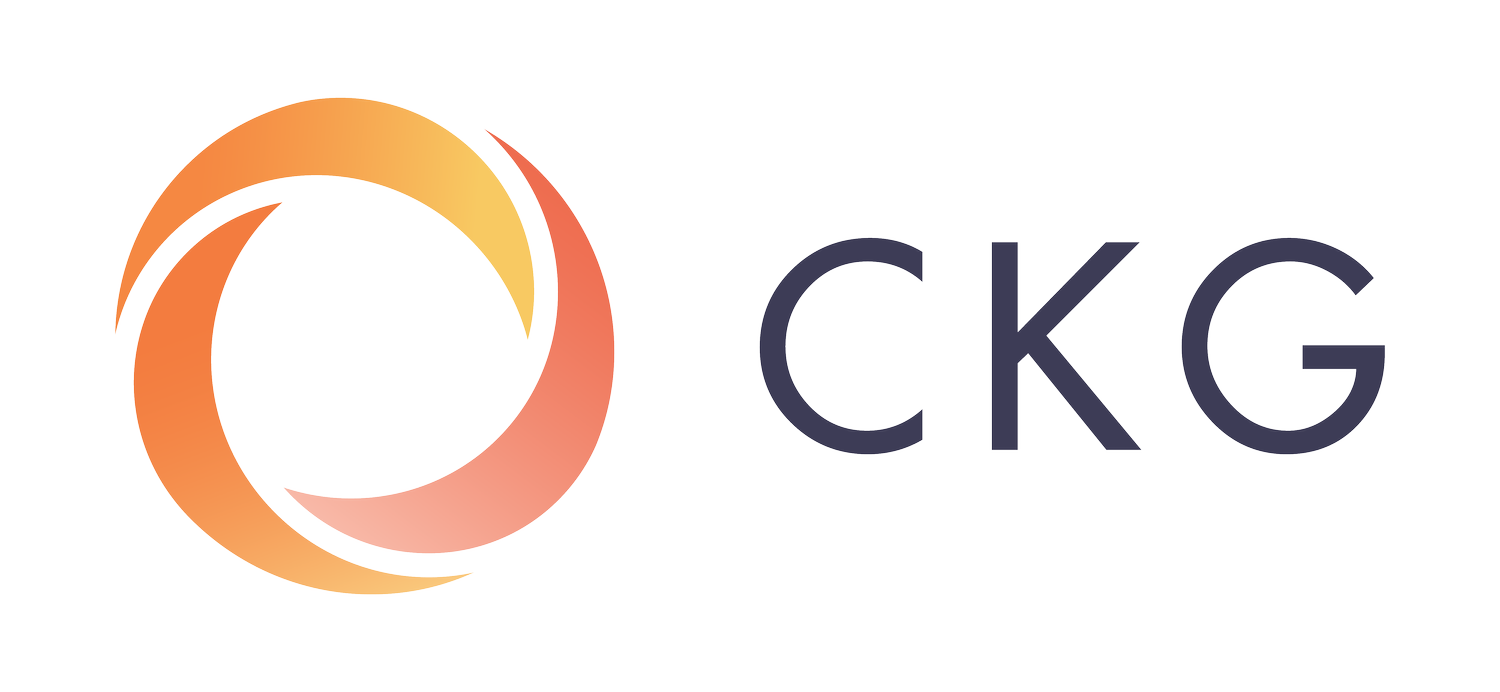The Many Benefits of the Intercultural Development Inventory
Early on in my career in Diversity & Inclusion training, I would often direct my clients to personality-focused assessments like the Myers-Briggs, DiSC, SDI in order to bring about self-awareness and reflection about self and others. Although useful then, today the increasingly global corporate world has been seeking strategies focused more specifically on intercultural awareness. The Intercultural Development Inventory is a key initiative organisations should consider engaging in order to develop intercultural competence within the organisation and teams. Having been certified to administer and coach individuals on how to increase their intercultural awareness for the past 9 years, I can confidently say that it is one of the most powerful and effective methods of developing cross-cultural awareness and reflection I use with clients. The instrument has supported the development of inclusive leadership, and I’ve received very compelling feedback on how the IDI has helped to build effective corporate strategy and a more inclusive environment.
What is the Intercultural Development Inventory?
The Intercultural Development Inventory (IDI) is a theory-based, cross-culturally valid developmental assessment used to build intercultural competence. What is intercultural competence, and why is it important you may ask? To have intercultural competence is to have the ability to shift cultural perspectives and adapt appropriately to both cultural commonalities and differences across diverse groups and settings. The need for this competence is growing in today’s global , and goes hand-in-hand with supporting Diversity, Equity and Inclusion efforts in society and organisations.
The IDI works to assess individuals’ level of current intercultural competence through a 15-20 minute questionnaire, and then generates customised reports both on individual and group profiles. These reports identify your current orientation and its characteristics, and outlines the next orientation to work towards, on a five point continuum. The tool also produces a customised Intercultural Development Plan (IDP) which guides individuals through a series of activities and self-reflection that develop intercultural competence. The report and plan work hand-in-hand to provide context and education, as well as concrete next steps designed to further your orientation from a monocultural to an intercultural mindset. Research has proven the IDI to have highly predictive validity to cross-cultural outcomes in a wide variety of organisations.
My services and client experience
Throughout my career, the IDI has proven itself to be a remarkably eye-opening and valuable resource to my diverse set of clients. Often, many who complete the inventory are shocked to see the difference in where they placed themselves on the continuum, compared to where the instrument placed them. Acknowledging that gap and their underlying causes is fundamental in beginning to increase one's cultural competence, and thus lead to organisational change. The results can be jarring for some, but the valuable thing about the IDI is that it provides actionable next steps in order to address opportunities for growth based on your individual characteristics.
The stellar feedback I have gotten from my clients is what has kept me consistently offering and promoting this service, which many people have never heard of. Numerous past clients who took the IDI confide in me that the assessment truly made them reconsider their intercultural awareness, impacted the way they see the world, and sparked significant self-reflection. Completing this inventory can involve a lot of internal questioning that may be challenging to some, but I am here to bring my expertise as a certified IDI specialist and help you navigate this journey.
Overall, he IDI is one great initiative that organisations seeking to improve team-wide intercultural development should consider undertaking as part of their Diversity, Equity and Inclusion strategy. Building cultural competence in leaders and equipping them with the tools needed to create effective corporate strategy will result in these values trickling down throughout the organisation, inevitably creating a more inclusive and productive corporate culture.
Blog Contributors:
By Karen Diaz
Researched and Contributed by Chelsea Mang
Visuals by Kazusa Kagemori
Resources:
https://idiinventory.com/wp-content/uploads/2019/08/Why-Consider-the-IDI-2019.pdf
https://idiinventory.com/wp-content/uploads/2019/05/Sample-IDI-Individual-Profile-Report.pdf
https://idiinventory.com/wp-content/uploads/2019/05/Sample-Intercultural-Development-Plan.pdf
https://idiinventory.com/wp-content/uploads/2019/05/Sample-IDI-Group-Profile-Report.pdf



